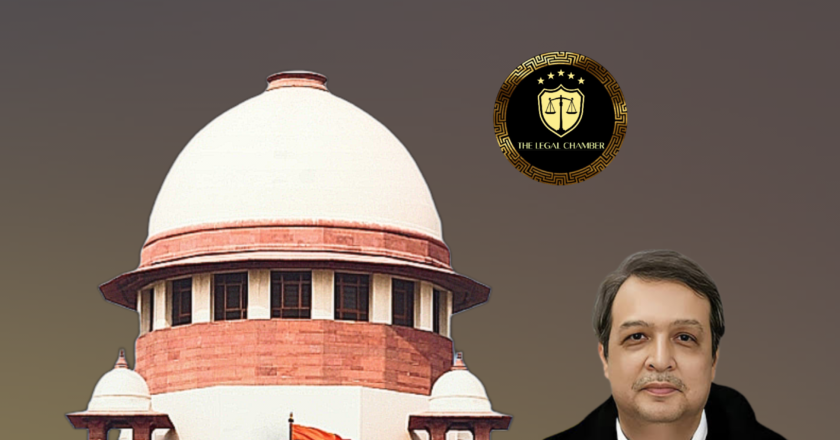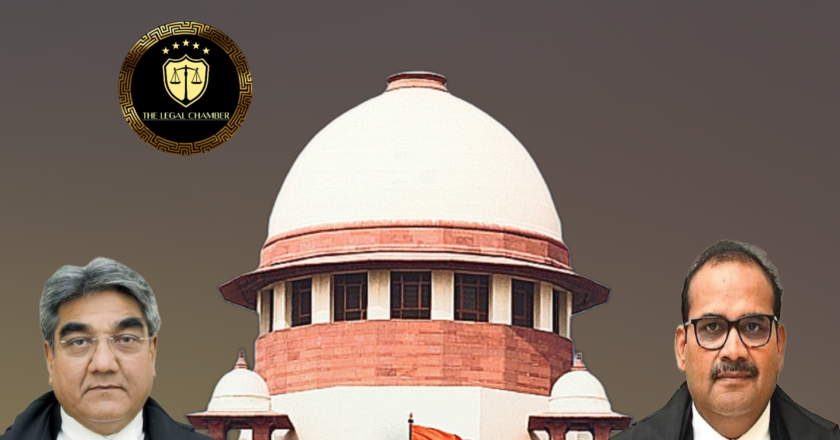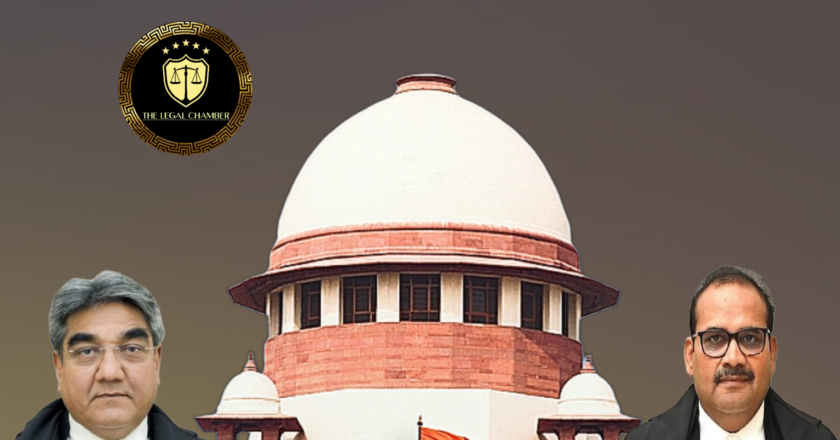Supreme Court Protects Religious Freedom: Quashes Multiple UP Conversion FIRs
This Supreme Court judgment quashed multiple FIRs under the Uttar Pradesh Prohibition of Unlawful Conversion of Religion Act, 2021, holding that the unamended Section 4 restricted lodging of complaints only to aggrieved persons or their relatives. The Court found the subsequent FIRs were impermissible as they pertained to the same incident, violated the principle against multiplicity of proceedings, and were an abuse of process.
Facts Of The Case:
The case involves a batch of petitions and appeals concerning six FIRs registered under the Indian Penal Code and the Uttar Pradesh Prohibition of Unlawful Conversion of Religion Act, 2021. The primary FIR (No. 224/2022) was lodged on 15.04.2022 at the instance of Himanshu Dixit, a Vice President of the Vishwa Hindu Parishad, alleging mass reli...









